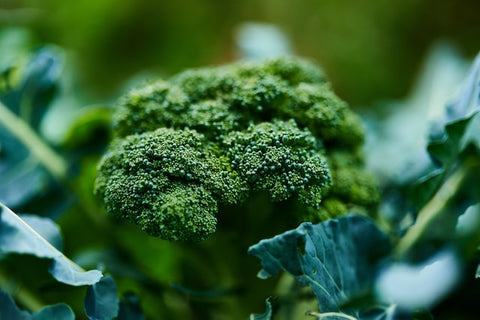As we step into the aftermath of joyous Christmas feasts, many of us are left pondering what to do with the surplus of leftovers. At Huckleberry, we believe in embracing sustainability and reducing waste, not just during the holidays but all year round. Here's our guide to making the most of your Christmas leftovers while keeping your environmental impact in mind.
1. Creative Leftover Recipes
Revamping the Roast: If you find yourself with an abundance of roasted meats, consider shredding them for sandwiches or salads. You could also blend them into soups or stews, enhancing the flavours with herbs and spices.
Veggie Magic: Leftover vegetables can be transformed into a hearty frittata or a comforting vegetable curry. For a quick and easy option, toss them into a stir-fry with some organic noodles or rice.
Sweet Surprises: Don’t let those Christmas sweets go to waste. Crumble leftover cakes or puddings into parfait layers or blend them into a delicious milkshake. You can even mix them into homemade ice cream for a festive treat.
2. Composting 101
Balance Green and Brown: A good compost needs a balance of green (nitrogen-rich) and brown (carbon-rich) materials. Your green materials will be your kitchen scraps, while brown can be dry leaves, sawdust, or even shredded newspaper.
Layer and Turn: Layer your compost to create an even mix of green and brown materials. Regularly turning the compost helps aerate it, speeding up the decomposition process.
Mind What You Compost: While most fruit and vegetable scraps can go into the compost, avoid composting meat, dairy, or oily foods as they can attract pests and cause odours.
Use Your Auckland Council Food Scraps Bin: Auckland Council's food scrap collection is a great way for you to give your food scraps and the council will turn them into clean energy and liquid fertiliser to grow more kai. Place the kitchen caddy where it is easily accessible so you don't forget to use it!
3. Store Smartly
Airtight Containers: Store your leftovers in airtight containers to keep them fresh for longer. Consider investing in quality, reusable containers that can stand the test of time.
Label and Date: Always label your leftovers with a date. This helps keep track of what needs to be eaten first and reduces the risk of food going bad unnoticed.
4. Share the Love
Community Sharing: If you have more leftovers than you can handle, consider sharing them with neighbors, friends, or local community centers.
Donate to Food Banks: Check with local food banks or shelters to see if they accept food donations. This is a great way to ensure that no food goes to waste while helping those in need.
At Huckleberry, we're committed to a sustainable future, and we believe that small actions can make a big difference. This festive season, join us in making conscious choices that benefit our planet and our communities. Happy Holidays!




